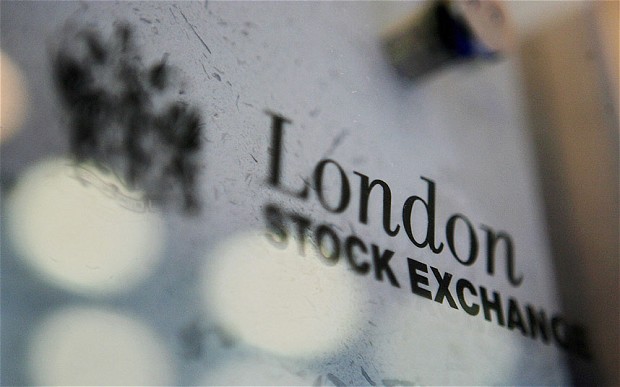The London market only needs transparent and ethical companies
By Dr Roger Barker, The Telegraph
A continuing flow of bad news from former FTSE favourites, ENRC and Bumi, is raising significant questions about London’s future as stockmarket to the world’s leading growth companies.
The London Stock Exchange’s ambitious vision has been to attract dynamic enterprises from emerging economies onto the London market, where they can benefit from the UK’s respected corporate governance regime. This combination of growth and good governance should, in theory, represent a compelling proposition for investors.
But in the eyes of some, recent developments at ENRC and Bumi are symptomatic of the LSE being too aggressive in its efforts to attract foreign companies. Perhaps inevitably, there has been a call for tighter regulation.
In contrast to most UK-listed firms, emerging market enterprises typically have large controlling shareholders rather than dispersed ownership. Such shareholders can potentially use their voting power to overrule the board of directors and disadvantage minority shareholders, particularly through related party transactions which may favour their wider business interests. This type of conflict has been at the heart of recent boardroom disputes at ENRC and Bumi.
The UK’s new financial regulator, the Financial Conduct Authority, is currently considering possible changes to the UK listing rules aimed at curbing the power of controlling shareholders. According to proposals published in October 2012, issuers with a shareholder holding more than 30pc of the voting shares will be subject to more restrictive listing rules. These will include an obligation for a majority of board members to be independent non-executive directors, effectively converting a key part of the UK Corporate Governance Code into hard law.
Independent directors will also be selected on the basis of a new dual voting procedure. This will allow minority shareholders to vote separately, and potentially delay appointments by 90 days. In addition, controlling shareholders will have to sign relationship agreements which restrict their ability to interfere in the company’s day-to-day activities.
Unfortunately, the FCA’s proposals are unlikely to work. A key principle of UK company law is that the board, and individual directors, can be removed by a simple majority vote of shareholders. In the absence of changes to this basic principle of shareholder democracy, controlling shareholders will retain a high level of control over the composition of the board even if a majority of directors are formally independent.
More fundamentally, it would be misguided to introduce a more restrictive governance regime for issuers on the basis of their ownership structure.
There is no question that allegations of fraud and bribery – such as those that have emerged at ENRC during the past couple of weeks - should be properly investigated by the regulatory authorities. Regardless of who owns a company, there is no place on UK capital markets for companies that do not comply with the rule of law and high ethical standards.
- Login to post comments



